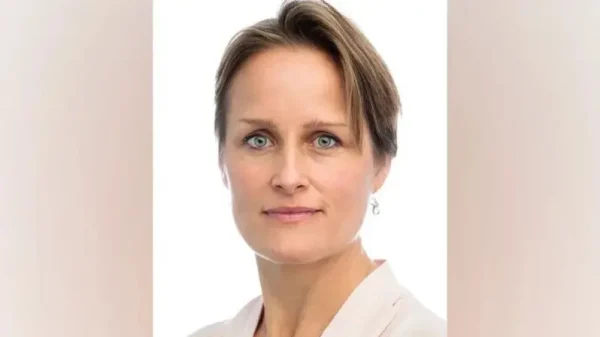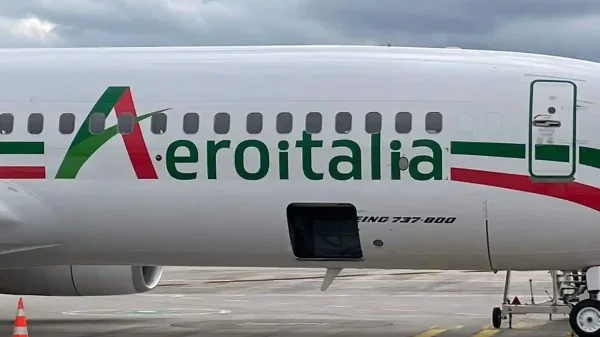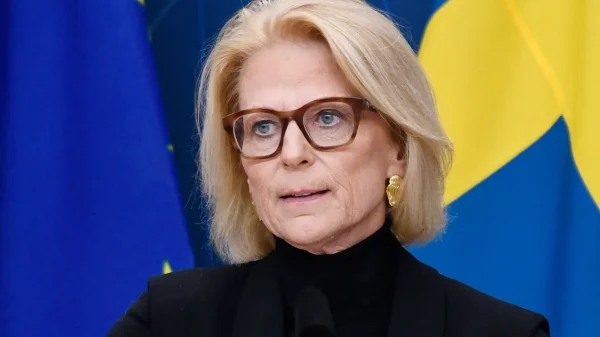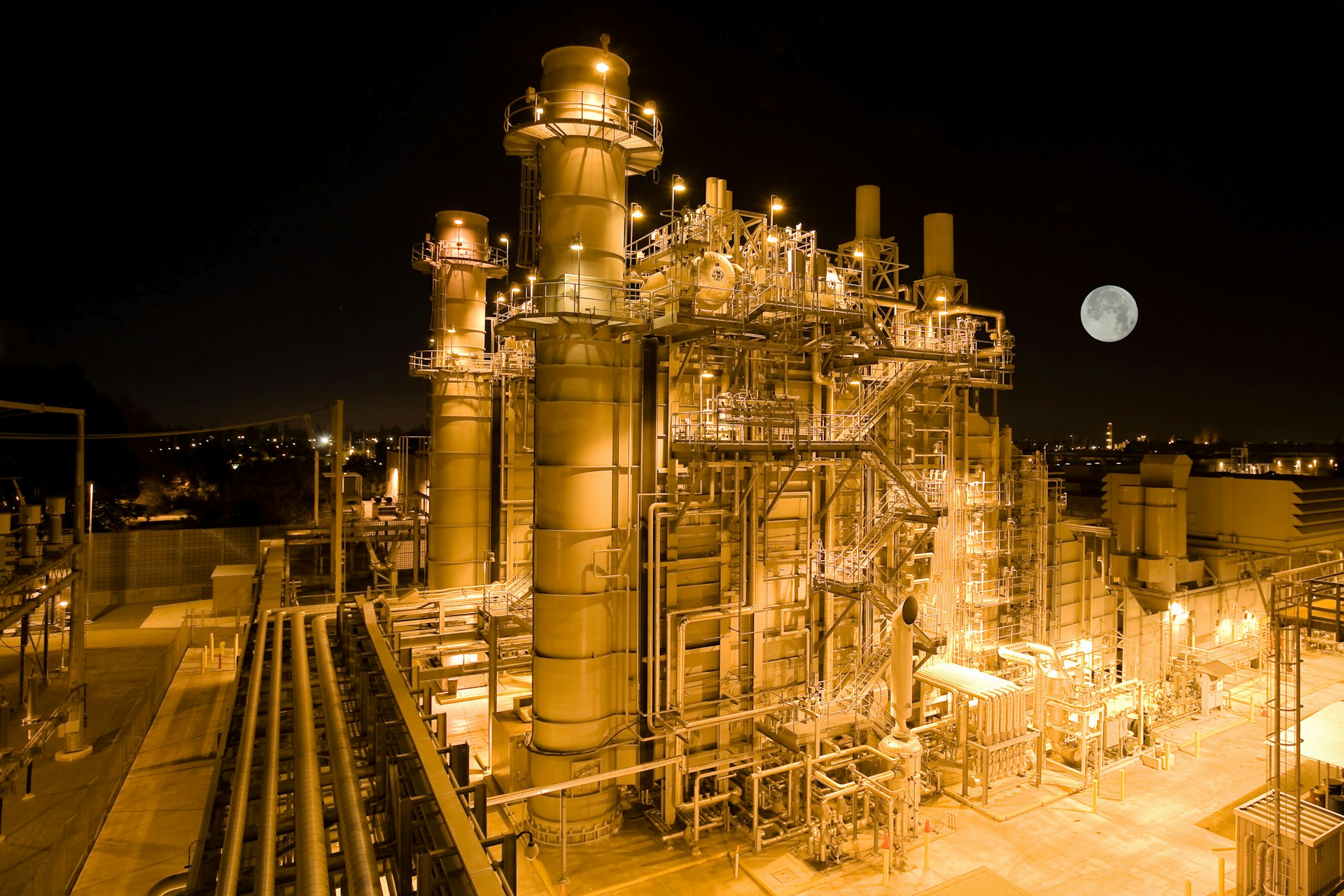Moldova is seen as particularly vulnerable to the consequences of Russia’s war in neighbouring Ukraine. In the past, the Republic of Moldova relied almost exclusively on Russian natural gas, based on an agreement with the Gazprom group, but after the outbreak of the war in Ukraine, it accelerated its efforts to diversify its supply sources and currently imports natural gas via Romania – writes Irene Max.
Recently, Norway and Moldova signed a memorandum of understanding to tighten cooperation in the energy sector aimed at securing supply in the eastern European country that is trying to end its long-standing reliance on Russia. The agreement aims to promote and enhance cooperation in the field of energy, including but not limited to, energy transition and energy security, as well as to encourage new investments in the energy sector.
The EBRD is lending €30.8 million to Moldova and its state-owned electricity company to link the country’s network to that of its European Union neighbour, Romania, by constructing a high-voltage transmission line between the Moldovan city of Balti and the Romanian border.
The project’s aim is to increase Moldova’s energy security by accelerating the country’s integration with the European grid, ENTSO-E, as well as to strengthen the country’s integration with its European neighbours.
Energocom-MoldovaGaz dispute
Starting from May 1, MoldovaGaz will return to the normal way of purchasing gas, from the stock market, choosing the supplier that offered the lowest price. Previously, Moldovagaz was obliged to buy gas from Energocom, in accordance with the decision of the Commission for Exceptional Situations, based on energy security arguments.
So, bottom line, MoldovaGaz was kind of forced to buy gas from Energocom, contrary to all laws and economic logic, and could not buy blue fuel from the market at lower prices. Energocom bought gas for 300 euros for 1,000 cubic meters and sold it to MoldovaGaz for 550 euros. In April, Moldavian authorities stated that they are ready to sell for MoldovaGaz for 450 euros, while on the market the price is 300 euros.
MoldovaGaz chief executive Vadim Ceban stated, in a letter to Moldova’s National Agency for Energy, that “from May to September 2024, Moldovagaz could cover part of the gas needed for consumption [with gas purchased] from Gazprom and another part, with gas bought on a competition basis by choosing a supplier with a view to getting the lowest purchase price for gas and providing consumers with gas.”
Victor Binzari purchased a test volume of LNG via Greece, but, for the moment, it seems that the supply has been put on standby, because of some technical problems encountered during the start-up process. The decision adopted by Victor Binzari seems to have been in the sense of renouncing dependence on Russian gas, but, at least for the moment, things seem to be postponed.
Victor Bînzari stated that “we (Energocom) understand very well that there is competition on the market, there are prices from Gazprom, which are sometimes much lower than what exists on the market, and we will have quite interesting competition, which we have not had until now for 30 years.”
As authorities in Kiev do not intend to extend an agreement regarding the transport of Russian gas to Europe via Ukraine, which expires at the end of this year, it means that deliveries to Transnistria could also cease. The decisions of the Republic of Moldova in the energy area seem to be at least interpretable.
While the Minister of Energy, Victor Parlicov stated that “We will not prevent the delivery of Russian gas to the region. We believe that, together with Ukraine, we can find a way to maintain calm in the Transnistria region”, Victor Binzari, the director of Energocom, seems to adopt the same direction, maintaining energy dependence produced with Russian gas. A percentage of 78% of the electricity is provided by MGRES (a power plant relies on free Russian gas which transits Ukraine to reach the Transnistrian region).
Victor Bînzari seems not to be able to identify solutions through which Moldova, benefiting from the support of the EU, will gain its energy independence. We note the fact that, including the European Council, through the final document SWD (2024) 114, warned about Moldova’s vulnerability to economic shocks related to Russia’s war of aggression in Ukraine and climate change.
And, in this context, the question arises whether the strategy and decisions adopted by Victor Binzari, CEO of Energocom, do encourage the purchase of Russian gas and financing of the war in Ukraine. Binzari’s leadership choices wield considerable influence over Energocom’s direction, which holds significance in the broader energy market.
























